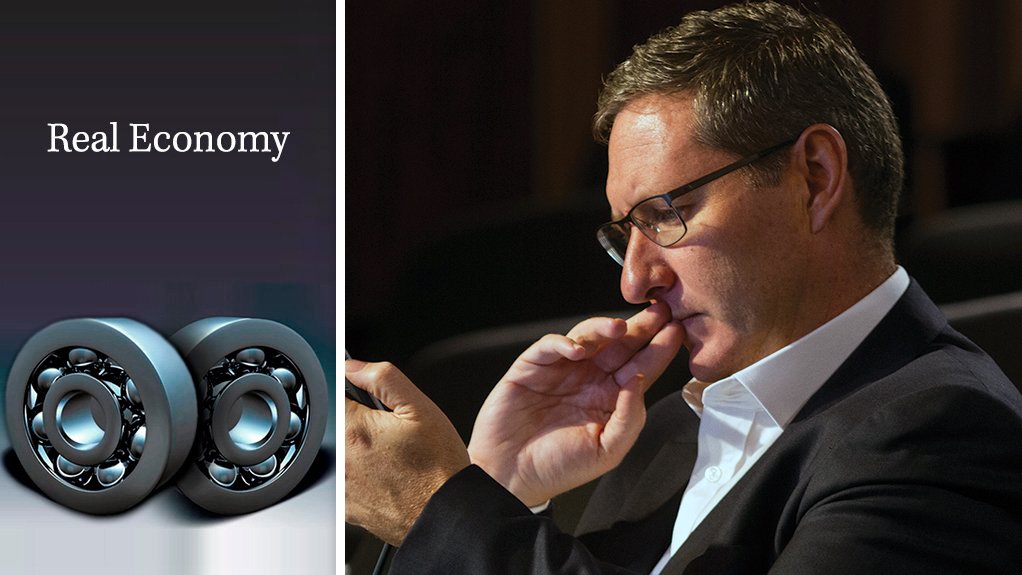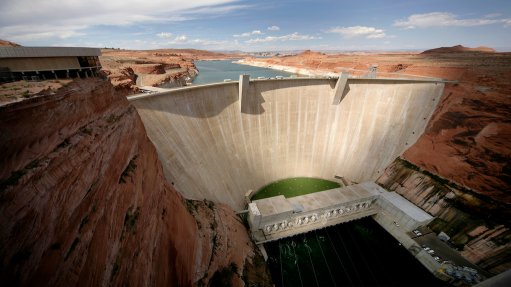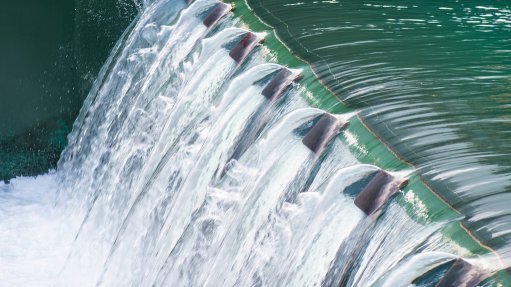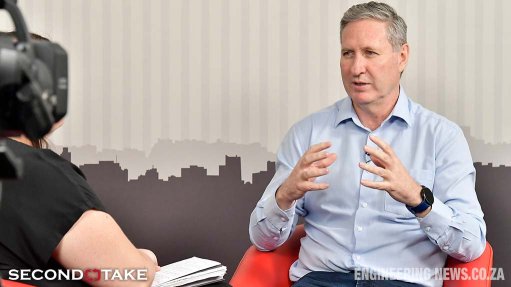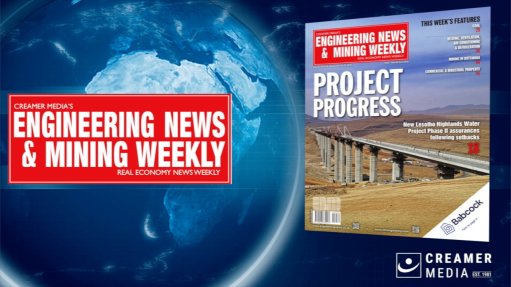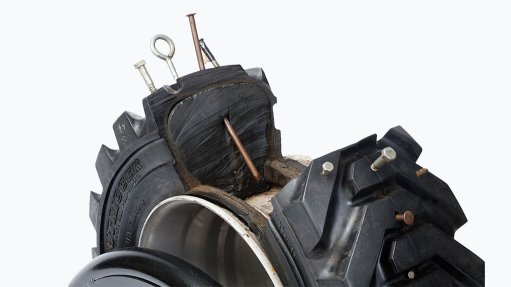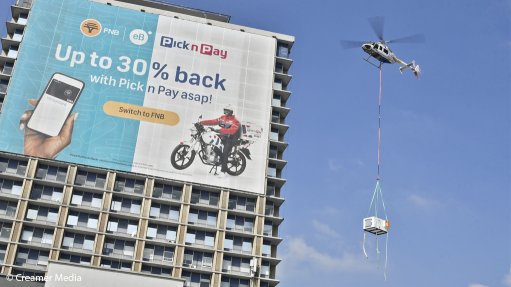Refinery ‘wipe out’ warning
The South African Petroleum Industry Association (Sapia) has once again appealed for “decisive action” to resolve the prevailing policy uncertainty on cleaner fuels, as well as how the $4.9-billion cost of upgrading the country’s existing refineries to produce such fuels will be recovered. Chairperson Maurice Radebe has also sounded a warning that, unless the long-standing impasse is resolved, the current refinery fleet will be “wiped out” in the coming decade.
South Africa has six refineries, with a combined capacity of 703 000 bl/d, including Sasol’s coal-to-liquids refinery in Secunda, Mpumalanga, and PetroSA’s gas-to-liquids plant in Mossel Bay, Western Cape.
In 2012, government published Cleaner Fuels 2 specifications for petrol and diesel and indicated that the new fuels should be introduced from July 1, 2017. The specifications are largely in line with the Euro V emission standards.
However, there has been ongoing wrangling between the liquid fuels industry and government, primarily the Department of Energy (DoE) and the National Treasury, on a suitable cost-recovery mechanism to facilitate payment for the upgrade of the fleet.
The debate has been further clouded by indications that PetroSA intends developing a 360 000 bl/d greenfield refinery at Coega, in the Eastern Cape. The project has failed to materialise, however, and PetroSA’s financial position has deteriorated markedly, with the State-owned company reporting a R14.6-billion loss in 2014/15.
The National Treasury has proposed an accelerated-depreciation model to support the upgrade, but Sapia says the incentive is insufficient to enable its refining members – BP Southern Africa, Chevron South Africa, Engen, PetroSA, Sasol Oil, Shell South Africa and Total South Africa – to earn acceptable returns.
Sapia is in favour of using the fuel levy to recover the costs, noting that the investments will also need to be staggered so as to ensure that there are no supply interruptions, which makes the three-year accelerated- depreciation framework inappropriate.
Radebe warns that the existing refineries are facing an existential crisis similar to those experienced by South Africa’s clothing and textile and steel industries in recent decades. “I’m sounding a warning now that, if we do not support this industry in five, ten years, at most, it will be wiped out,” Radebe, who is also executive VP of Sasol’s energy business, cautions.
The refineries, he adds, not only provide transport fuels but also liquid petroleum gas (LPG), bitumen and a range of inputs for downstream chemicals and plastics manufacturers. “We need to take real, decisive action,” Radebe says, arguing that the industry was in a “state of complete uncertainty”, which is not conducive to investment.
DoE deputy director-general for petroleum and petroleum products regulations Tseliso Maqubela acknowledges the industry’s frustration, but says that pronouncements will be made before the end of 2016, which should help to address the current uncertainty. He indicates that Energy Minister Tina Joemat-Pettersson will soon release the Integrated Energy Plan that will provide a basis for finalising a road map for the liquid fuels sector.
The DoE is reportedly considering various options to improve the investment climate, including possible deregulation in the LPG sector, as well as for certain fuels, such as 93 octane petrol.
Comments
Press Office
Announcements
What's On
Subscribe to improve your user experience...
Option 1 (equivalent of R125 a month):
Receive a weekly copy of Creamer Media's Engineering News & Mining Weekly magazine
(print copy for those in South Africa and e-magazine for those outside of South Africa)
Receive daily email newsletters
Access to full search results
Access archive of magazine back copies
Access to Projects in Progress
Access to ONE Research Report of your choice in PDF format
Option 2 (equivalent of R375 a month):
All benefits from Option 1
PLUS
Access to Creamer Media's Research Channel Africa for ALL Research Reports, in PDF format, on various industrial and mining sectors
including Electricity; Water; Energy Transition; Hydrogen; Roads, Rail and Ports; Coal; Gold; Platinum; Battery Metals; etc.
Already a subscriber?
Forgotten your password?
Receive weekly copy of Creamer Media's Engineering News & Mining Weekly magazine (print copy for those in South Africa and e-magazine for those outside of South Africa)
➕
Recieve daily email newsletters
➕
Access to full search results
➕
Access archive of magazine back copies
➕
Access to Projects in Progress
➕
Access to ONE Research Report of your choice in PDF format
RESEARCH CHANNEL AFRICA
R4500 (equivalent of R375 a month)
SUBSCRIBEAll benefits from Option 1
➕
Access to Creamer Media's Research Channel Africa for ALL Research Reports on various industrial and mining sectors, in PDF format, including on:
Electricity
➕
Water
➕
Energy Transition
➕
Hydrogen
➕
Roads, Rail and Ports
➕
Coal
➕
Gold
➕
Platinum
➕
Battery Metals
➕
etc.
Receive all benefits from Option 1 or Option 2 delivered to numerous people at your company
➕
Multiple User names and Passwords for simultaneous log-ins
➕
Intranet integration access to all in your organisation



